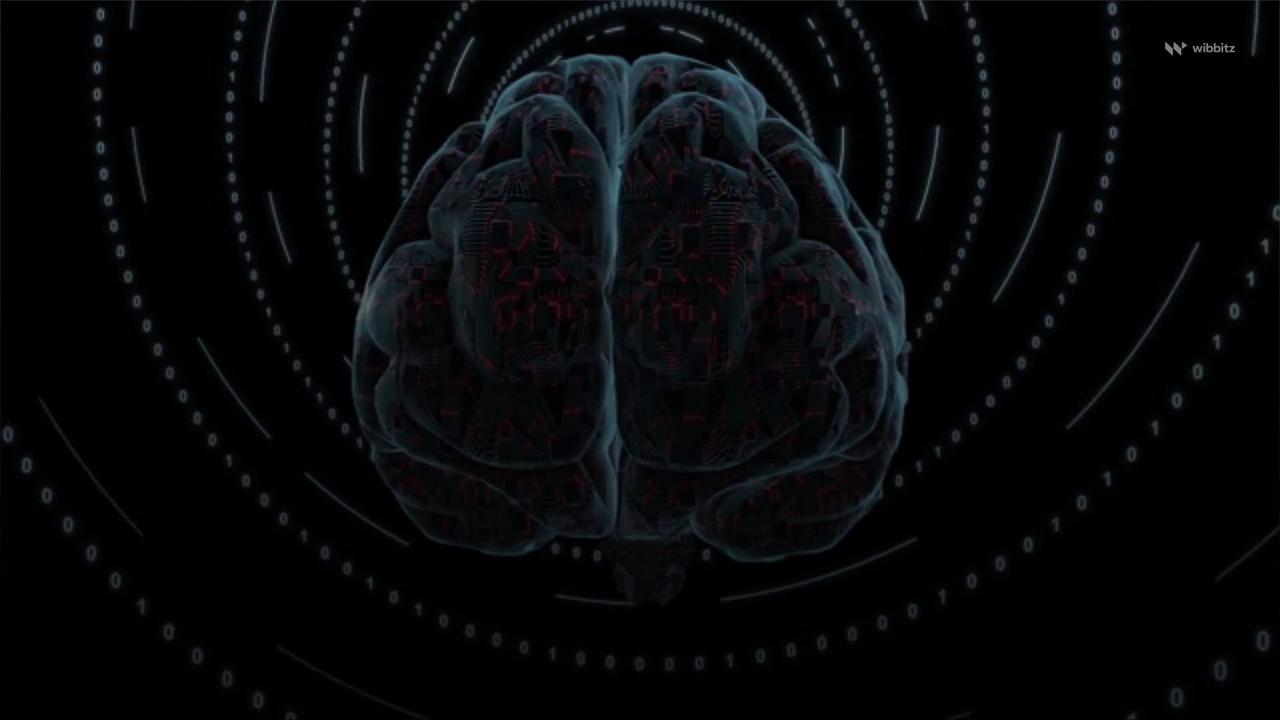Researchers May Have Solved a Piece of the Human Brain's Energy Puzzle

Researchers May Have Solved a Piece of the Human Brain's Energy Puzzle
Researchers May Have Solved , a Piece of the Human Brain's , Energy Puzzle.
'PsyPost' reports that scientists have uncovered how specific parts of the human brain require different amounts of energy than other parts.
The work, which was published in 'Science Advances,' highlights how evolution of human cognition is linked to the development of energy-intensive brain networks.
The findings challenge the long-held belief that cognitive abilities are due to the size of the brain.
Despite making up just 2% of an average human's body weight, the human brain consumes 20% of the total energy required by the body.
.
Researchers uncovered a linear relationship between the brain's glucose metabolism and its functional connectivity.
The findings suggest that areas of the brain with more connections require more energy, like the frontoparietal network, which performs high-level cognitive tasks.
That brain network, which handles problem-solving and decision-making, was found to use 67% more energy than areas of the brain that handle more basic functions.
'Newsweek' reports that the variance in energy distribution was observed in all participants, regardless of gender or age.
The team's work highlights how areas of the brain with more neuromodulators, like dopamine and serotonin, require more energy.
.
It seems that the benefits of increased cortical energy metabolism, together with an increased supply of energy substrates, have outweighed its risks.
Yet, our knowledge of how the interaction of slow-acting neuromodulators with fast information processing contributes to human cognition is still limited, Study authors, via 'PsyPost'
